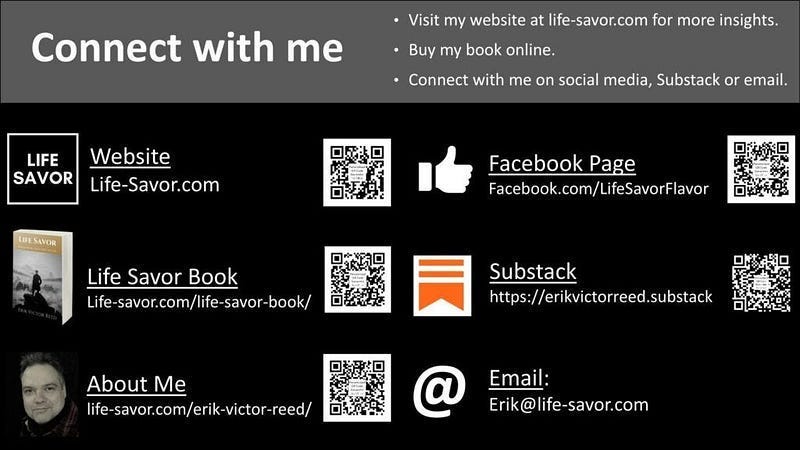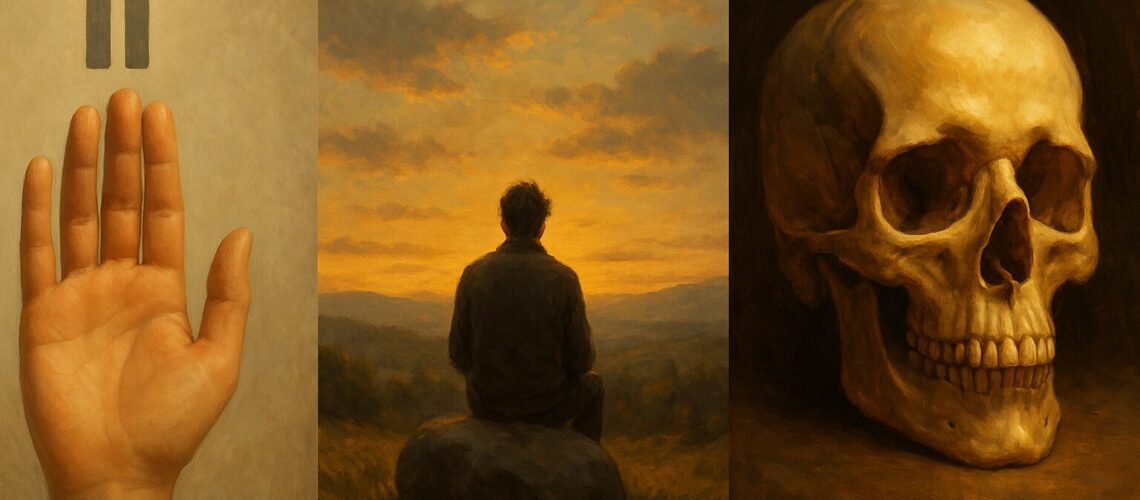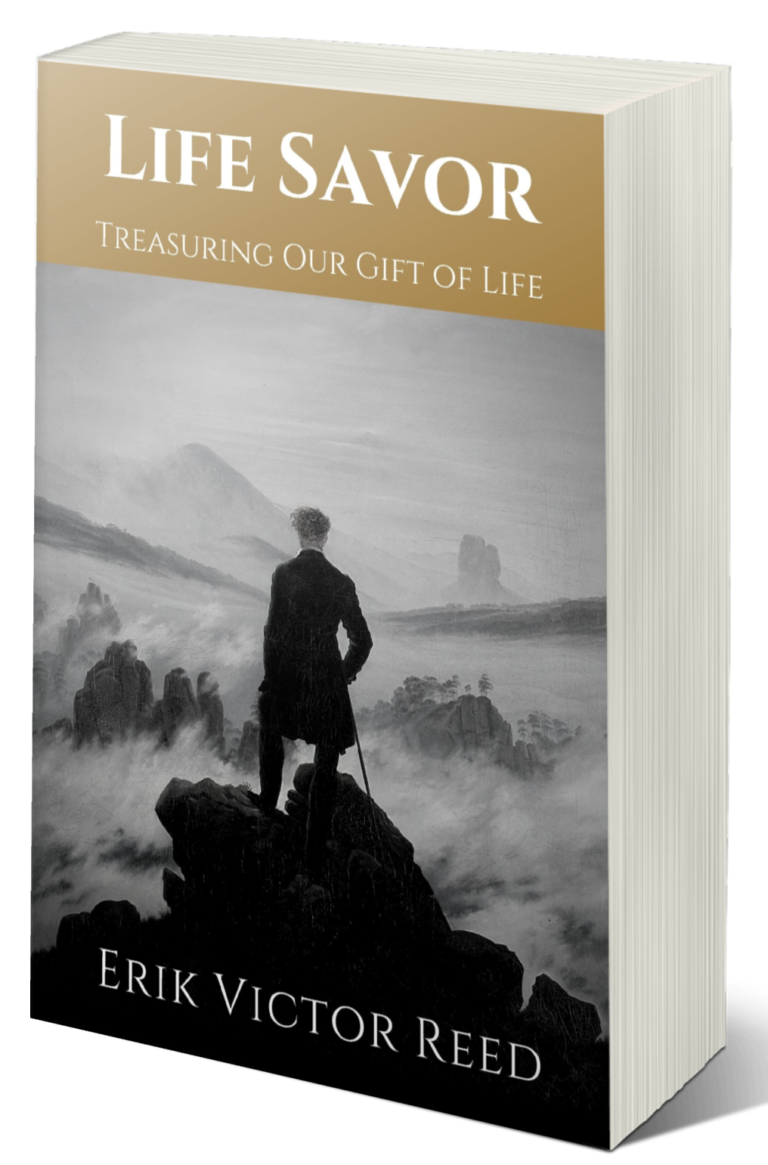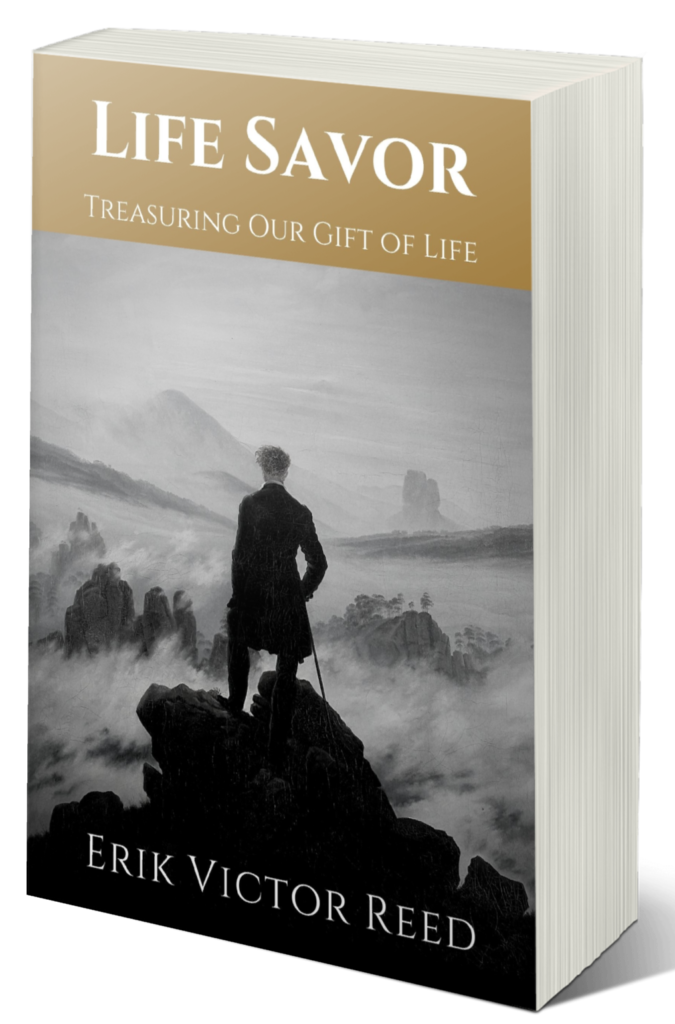Three daily habits that strengthen selfhood
1. The Pause Before Yes
Independence is often lost not in dramatic betrayals but in small, automatic yeses. We say yes to meetings we don’t want, to favors we can’t carry, to traditions that don’t fit us anymore. We say yes because it feels easier, safer, smoother.
But every yes writes a line in our life’s script. Say yes too automatically, and before long the whole story belongs to others.
The pause is deceptively simple. Before answering, stop. Breathe. Ask: Does this align with my values? Does this fit my priorities? Am I agreeing from authenticity, or from fear of disapproval?
Consider a young professional offered a prestigious promotion. Everyone congratulates them, assuming the answer will be yes. But in the pause, something surfaces: the job would consume evenings and weekends, cutting them off from the creative work they love. Saying yes would impress everyone but betray themselves. They decline.
The pause is not dramatic, but it is revolutionary. It honors independence in the very fabric of decision-making.
Practice: This week, choose one situation where you’d normally agree automatically — and pause. Even if you still say yes, notice what surfaced in the space between question and answer.
2. The Ritual of Solitude
Independence requires clarity, and clarity requires quiet. Yet modern life conspires against solitude. Every silence is filled with notifications, every waiting moment with scrolling. Solitude has become uncomfortable — even frightening.
But solitude is where your compass can be heard. It is in the clearing of quiet that your own thoughts, desires, and intuitions rise above the noise of others.
Picture an artist stepping into her studio, shutting the door behind her. For hours, she works alone. From the outside, it looks like withdrawal. From the inside, it feels like expansion. In solitude, she remembers who she is.
Or imagine a parent who takes a daily walk without headphones. At first, the silence itches. But slowly, thoughts untangle. Priorities come into focus. They return home not diminished but replenished, stronger.
Solitude is not isolation. It is communion with oneself. And without it, independence withers.
Practice: Create a ritual of solitude this week. It might be journaling, a walk, a few minutes of stillness before bed. Let it become a sacred space where your inner voice can be heard.
3. The Mirror of Mortality
The most bracing practice for independence is remembering that we are mortal. Mortality strips away illusions. It asks, bluntly: Do you want to spend your one life performing for others? Or do you want to live as yourself?
This isn’t morbid. It’s clarifying.
Think of someone in midlife who has spent decades in a role chosen for them by parents, culture, or fear. One day, the thought of death jolts them awake: If I keep living like this, my story will never be mine. That realization doesn’t depress them. It liberates them. They leave the role, not recklessly, but with a deep resolve to use what time remains.
Mortality is not an enemy but a mirror. It reflects the stakes of our choices. It makes independence urgent rather than optional.
Practice: Each morning, remind yourself: My time is finite. Am I living today as myself? Write it on a sticky note. Let mortality sharpen your independence daily.
A Story That Threads Them Together
Picture someone at a crossroads. They are offered a prestigious job (pause before yes). They take time to sit alone in silence, away from the noise of advisors and well-meaning friends (ritual of solitude). And they remember: life is short (mirror of mortality).
With those practices, they decline the job. Not out of fear, not out of rebellion, but out of independence. Their decision may confuse others, but it clarifies their life.
Why Practices Matter
It’s tempting to think independence is one big declaration — a dramatic stand against the world. But in truth, independence is practiced daily. It is strengthened like a muscle, in pauses, rituals, reminders.
Practices matter because they accumulate into habits. One pause becomes ten. One pocket of solitude becomes a rhythm. One glance in mortality’s mirror becomes a new way of seeing life. Over time, these small acts transform a life of borrowed scripts into a life of authorship.
Closing Thought
The pause keeps you from automatic conformity.
The ritual of solitude reconnects you to your compass.
The mirror of mortality sharpens your urgency.
Together, these practices weave independence not into theory but into the ordinary fabric of days.
Because one day, your days will end. And when they do, you’ll want to know that you lived them as yourself.
For more like this, visit the broader project at life-savor.com, or explore the Life Savor book itself.
To learn more about Life Savor’s philosophy,
read Life Savor: Treasuring Our Gift of Life by Erik Victor Reed.








